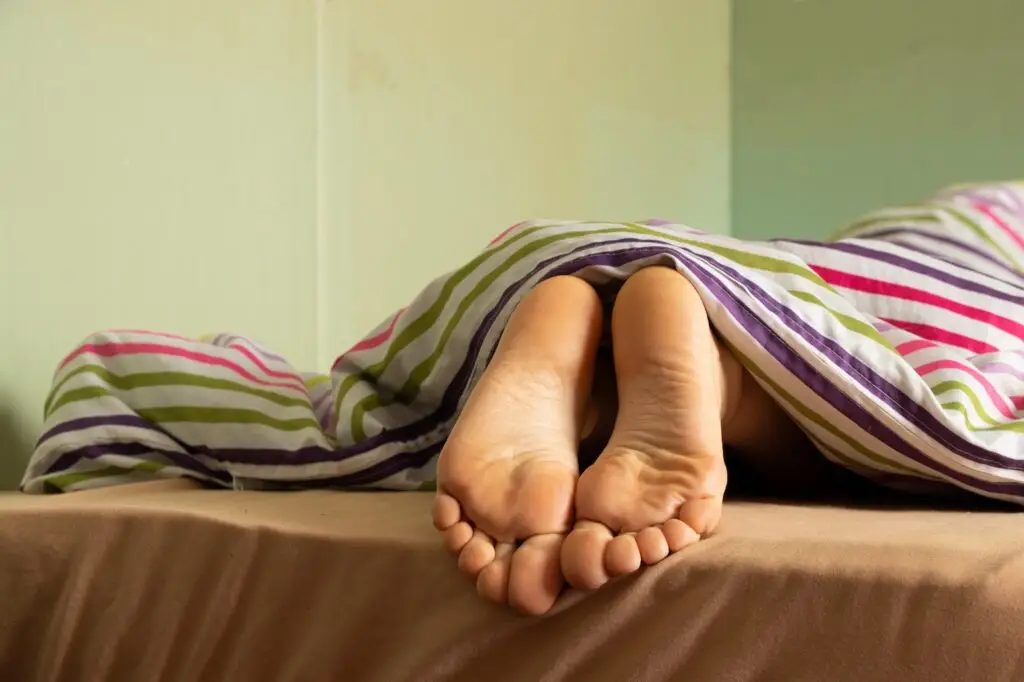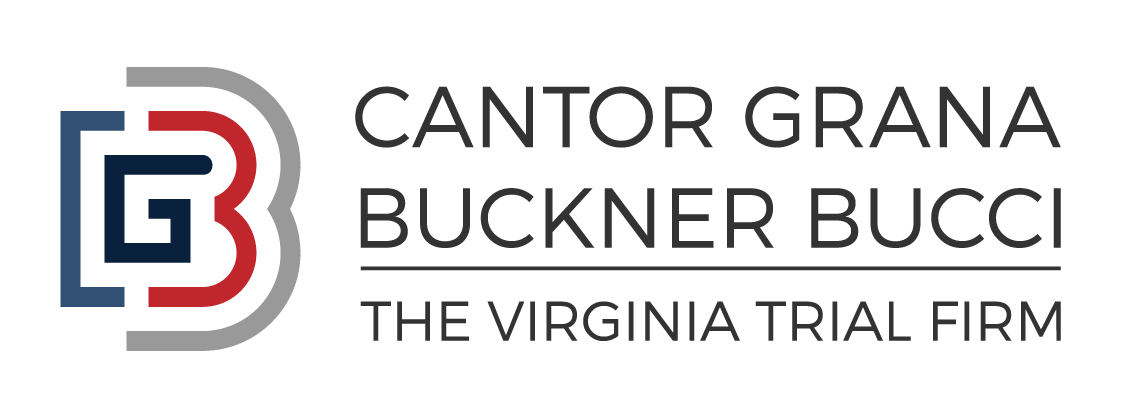A bad night’s sleep can make anyone cranky, but neuroscientists have now discovered that just one night without sleep could be enough to rewire our brains for days. A recent study published in the journal Neuron found a new link between the amount of sleep we get a night and memory retention.
People who pull “all-nighters”— are familiar with being “wired”, although they are exhausted. Neurobiologists at Northwestern University assessed mice who had been mildly sleep-deprived to analyze the effects on their bodies. They found more dopamine was released during all-nighters, and synaptic plasticity increased, but that chronic lack of sleep triggered a stress response in the brain and caused the cells to decline in health.
Being awake for 18 hours will make you drive like you have a blood alcohol content (BAC) of 0.05%; by law, 0.08% is considered drunk. If you haven’t slept for 24 hours, it’s like you have a BAC of 0.10. A recent report by the National Sleep Foundation found 3% of Americans, or 7 million people, admitted to falling asleep at the wheel within a two-week period. An estimated 1,500 deaths and 70,000 injuries happen each year because of drowsy drivers. (NHTSA)
According to Robert Greene, professor of psychiatry and neuroscience at the University of Texas Southwestern Medical Center, the reason for sleep in humans remains a major mystery to neuroscience. But not driving when you’re sleepy is no mystery; it’s bad.
If someone else made a bad choice behind the wheel, make sure you’ve got a legal team on your side that knows how to win. Cantor Grana Buckner Bucci is that team.
Sleep Disorders After Brain Injury
Sleep issues after brain injury are well documented. A scoping review of articles related to sleep disorder studies and surveys suggest sleep disorders are three times more common in those with TBI than in the general population, and that nearly 60% of people with TBI experience long-term difficulties with sleep. [1]
Common sleep disorders after brain injury may include insomnia, excessive daytime sleepiness, and mixed-up sleep patterns. Poor sleep syndromes include restless leg syndrome, sleep apnea and sleepwalking.
Changes in behavior and environment are the first things to try to treat sleep problems. Here are a few suggestions:
- Set an alarm to wake up at the same time every day, and go to bed at the same time every night
- Don’t nap more than 20 minutes during the day.
- Get some exercise; people with TBI who exercise regularly report fewer sleep problems.
- Don’t lay in bed scrolling through your phone.
- Get outdoors for some sunlight. If you live in an area with less sun in the wintertime, consider trying light box therapy.
- Avoid caffeine, nicotine, alcohol and sugar for five hours before bedtime.
- Create a calm quiet space in the bedroom, and keep the temperature low.
The Model Systems Translation Center provides great information, and they have resources on sleep after brain injury. https://msktc.org/tbi/factsheets/sleep-and-traumatic-brain-injury
A brain injury can be life-shattering, and it is critical that the life-long implications of the injury are understood by your legal team and clearly conveyed to a jury. If someone you love has sustained a brain injury, our experienced lawyers can help; call us.
Sleep After Mild TBI
Many individuals report that the first 1 to 2 weeks after a mild TBI, they were sleeping a lot, but that changed to difficulty falling asleep or insomnia, and then they gradually resolve over 1-3 months.
During TBI, a “metabolic storm” releases abnormal amounts of neurotransmitters and proteins into the spaces between nerve cells called synapses. One of the functions of sleep after a normal day of activity is to clear excess proteins and prune synapses; the need for what is normal clearing after a typical day is multiplied after TBI. We know chronic sleep deprivation can cause a lack of drainage of waste clearance in the central nervous system. Getting back to a more balanced sleep patterns contributes to neuroplasticity and is an important part of a comprehensive treatment plan.
For people with mTBI who have persistent insomnia, evaluations should encompass:
- physical symptoms of headache, dizziness, vertigo, and fatigue,
- cognitive symptoms such as memory or attention difficulties,
- emotional symptoms such as depression or anxiety,
- thorough examination of the sleep issues: is it an issue of sleep quantity or quality? Is it a circadian issue? Are there other issues, like sleep apnea?
Sleep problems seldom occur in isolation. In those with sleep onset problems, anxiety tends to be more common, whereas in those with sleep-maintenance issues, depression appears to be more prevalent, and it’s well known that sleep deprivation worsens cognitive performance. Treatment begins by addressing sleep habits and sleep hygiene. Untreated anxiety and depression put patients with mTBI at higher risk for a slower resolution, and patients are encouraged to address their mental health to fix their sleep health. With a full menu of treatment strategies, sleep issues can be successfully managed, improving patient outcomes.
If a loved one has sustained a serious brain injury, it’s important your legal team understands the long-term risks of the injury and how to maximize recovery; the experienced personal injury lawyers with Cantor Grana Buckner Bucci can help you obtain justice. Call us.

Sleep Disorders at Trial
A sleep study, formally known as a polysomnogram, is a diagnostic test that tracks and records how multiple body systems work while you’re asleep. This test involves sensors that track the activity of the heart, brain and respiratory system, which provides a thorough picture of the quality of your sleep.
Sleep is foundational to health and wellness. Growing evidence shows links between sleep-disordered breathing (e.g., sleep apnea) and other sleep problems (e.g., insomnia) to stroke, Alzheimer’s and other dementias, hypertension, high cholesterol, cardiovascular disease, weight issues, metabolic syndrome, type 2 diabetes, gastrointestinal disorders, and colorectal cancer. [2]
Presenting sleep issues at trial is mostly done through the plaintiff’s own testimony and lay witnesses. When meeting your client, be sure to ask them about their sleep and check in about it frequently. Ask family members what they’ve noticed about the clients sleep habits and quality. Be sure and ask if they’ve missed appointments or been late for work because they’ve taken an unexpected nap or turned off the alarm. If the client is reporting issues, it’s imperative to get them addressed as soon as possible. Missing as little as 2 hours can have an impact on alertness, memory and mood; these can be particular problem areas for many clients with TBI, and if their sleep has changed since the injury, they may be more vulnerable on any given day to making poorer decisions that negatively impact their health and safety. Medical providers help explain the interaction between brain injury and sleep, and its effect on other symptoms. But just like with everything else in BI cases, lay testimony from friends, family members, coworkers and neighbors is crucial.
There have been seismic shifts in what we understand to be true about the long-term effects of brain injury, including sleep disorders. An attorney representing a brain injury survivor needs to appreciate these effects, and be able to clearly explain them to a jury, with the help of expert testimony, at trial. Without understanding how brain injury can lead to sleep issues, and the risks for future health issues that poor sleep presents, recovery for non-economic damages may be undervalued.
[1] https://msktc.org/tbi/factsheets/sleep-and-traumatic-brain-injury
[2] Medic G, Wille M, Hemels ME. Short- and long-term health consequences of sleep disruption. Nat Sci Sleep. 2017 May 19;9:151-161. doi: 10.2147/NSS.S134864. PMID: 28579842; PMCID: PMC5449130.



